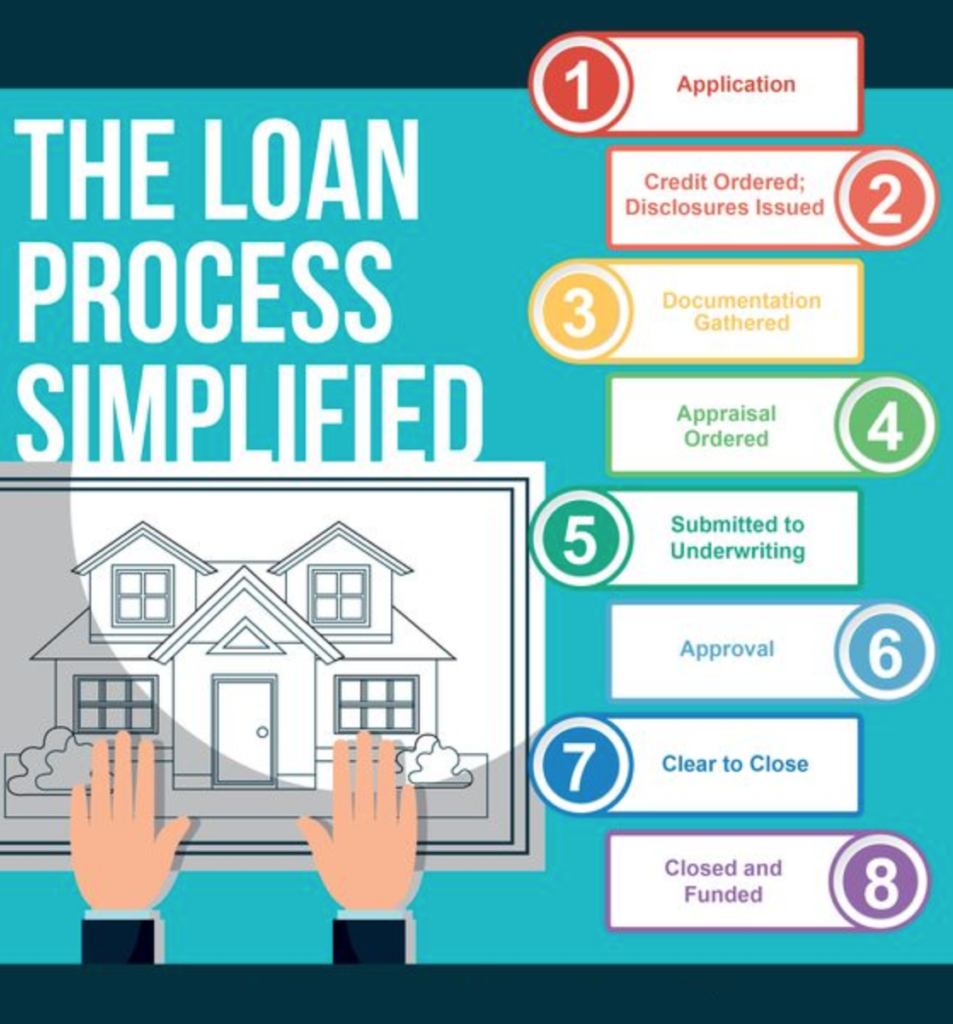6 Critical Questions You Need to Ask Before Getting a Mortgage (VIDEO)

You decided to take the big step, you decided to move out of your old apartment into the house of your dreams. Whether, you’re moving to Los Angeles, CA. or Tallahassee, FL. You need to do your homework and spend many hours with real estate mortgage lenders to leaner how to budget your income for your first-time home purchase.
When you meet with your lender you guys will determine what type of mortgage you qualify for and what you could afford for a down payment. Most mortgage lenders deal with many first-time homebuyers and know how to guide you to buy a home wisely.
Your credit score will determine what type of loan your mortgage lender could give you if any. One thing to keep in mind is that your mortgage amount will be different depending on two things: the interest rate and the property. The interest rate will determine how much you will have to pay back every month, being educated and aware of the different types of mortgages will keep you ahead of the game. The pros at the Local Records Office from Southern California created ten must-ask questions to assure you the best rate.
1. What is the Amount of the Monthly Interest Rate I Will Be Paying?
The average amount of interest rate you will be paying each month determines your credit score and the loan. If you want to know exactly how much you will be paying each month you will have to look at the loan term, mortgage balance, and interest rate. Usually, a low-balance loan or a lower interest rate will make for a smaller monthly payment. Most of the people who are not satisfied with the interest rate are people with low or bad credit scores.
If you take the time to clean up your credit score and pay off what needs to be paid like unpaid hospital bills or parking tickets you will definitely pay less each month.
2. Fixed Rate or an ARM?
If you don’t know what a ‘fixed-rate is it’s a loan or loans that keep the same rate the entire loan life. The majority of fixed-rate loans are 10 and 30 years loans. Adjustable-Rate Mortgage, also known as ARMs, has interest rates that will most likely change over time. Most homebuyers that don’t plan on staying long-term get a hybrid Adjustable-Rate Mortgage. Adjustable-rate mortgage loans usually have lower interest rates.
Another important thing to keep in mind is that you really need to understand how Adjustable-rate mortgage works since the rate will change. Ask your lender how often your interest rates will change. Many homebuyers forget or are not aware of the changes.
3. What Are the Fees That Need to be Paid?
There will be lots of these, so be prepared to bring your credit card. For those that don’t know ‘points’ are one-time fees that are typically due at closing the deal. Usually, for every point, you pay your lender will deduct 1% from your interest rate.
4. Does the Loan You’re Thinking of Getting Have Any Prepayment Penalties?
Yes, you heard right. Some loans will charge you to pay off your mortgage early. Make sure to ask your lender about this.

5. What Are the Qualifying Guidelines for this Loan?
When people qualify for a good mortgage they don’t read the fine print. You need to understand how your loan works. Since a lot of loans require proof of income your broker will need these for the loan. Another thing mortgage lenders will need is proof of how much you have saved for rainy days if you do happen to get laid off or get sick, Other requirements for you are to have a ‘minimum’ of six months of proof of saved money.
Before you decide to see if you qualify for a mortgage be prepared; have your paperwork ready, income proof for at least 2 years, credit score, and 6 months of saved money for rainy days.
6. How Much Will Mortgage Insurance Cost Me As a New Homeowner?
This is an unexpected expense for many new homebuyers that are unaware of mortgage insurance. Just like car insurance; the younger the driver the more the car insurance will be. Mortgage insurance is the same, the newer the homeowner the more it will be each month. Not to mention that mortgage insurance is required by the mortgage lender to approve you. If you put less than 20% you will be required to pay for mortgage insurance until the loan-to-value or also known as the LTV ratio falls below 80%.
